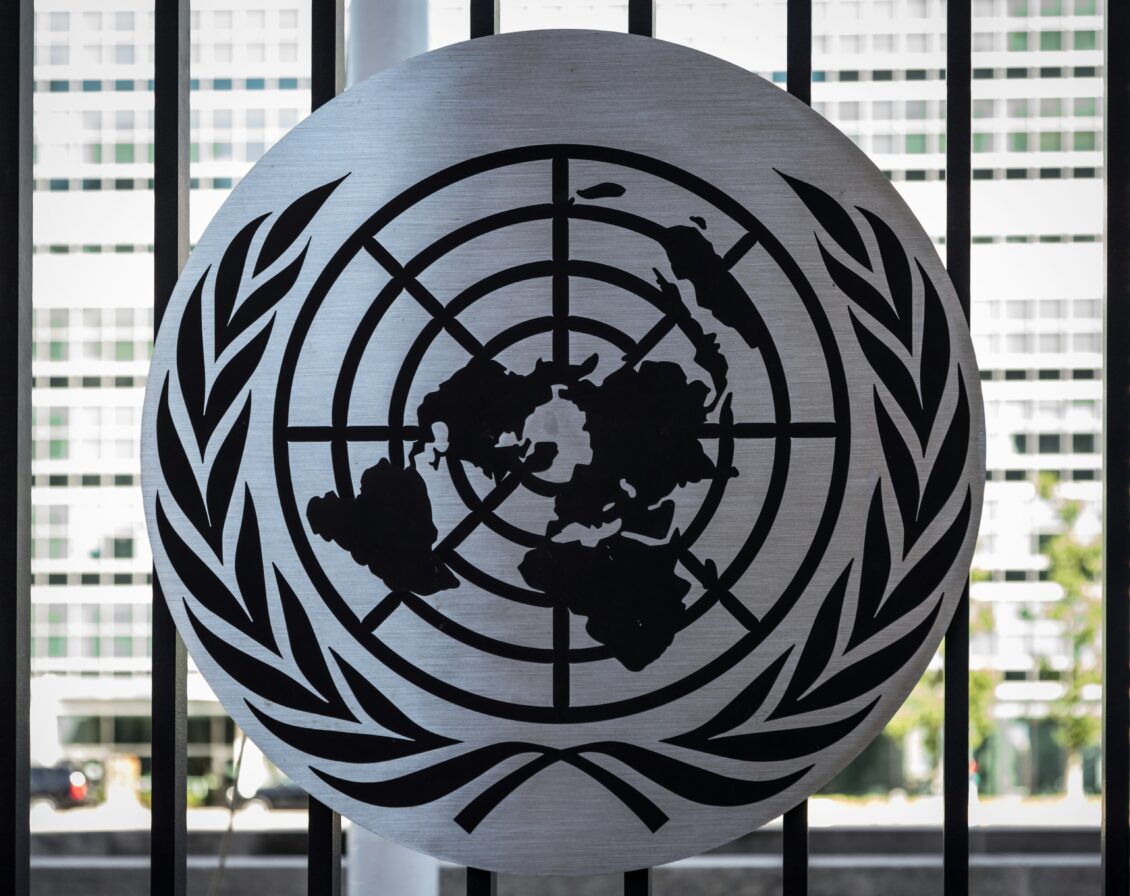Outdated global tax rules drain countries of the billions needed to fund public services. In August, UN negotiations will begin to change this.
Find the op-ed originally posted in Spanish on Infobae here.
By: Dr. Dereje Alemayehu and Luis Moreno
Inequality, both within and between countries, is widening. Climate and environmental crises are accelerating. The growing debt crisis burden forces developing countries to prioritise unjust payments at the expense of life-saving public services. In the face of multiple, overlapping crises, public finance is needed. But tax abuse drains public coffers. Cross-border tax abuse committed by multinational corporations and the rich results in trillions stashed in tax havens which otherwise could have gone towards funding essential services from healthcare to education, combat the impacts of climate change, close gender gaps, guarantee human rights, and finance a sustainable development that benefits all. This is only possible because the current global financial architecture, and global tax rules, is broken.
The lack of international tax cooperation, an unfair distribution of tax rights, tax abuse by large corporations and high net-worth individuals, and the maintenance of a tax system that permits tax havens as the basis of this global tax architecture, harms countries around the world. But the worst affected are countries in the Global South, which see a significant portion of tax revenues lost to this system, deepening poverty. Instead of reducing inequality, the international tax system results in the poor becoming poorer while billionaires are soon to multiply into trillionaires.
In the Global South, the allocation of taxing rights, agreed at a time when many countries did not have independence, impedes on their sovereignty by denying countries the right to tax profits generated in their economies.
Now, international tax cooperation is entering a new era. Tabled by the African Group with the support of much of the G77, the UN General Assembly adopted a resolution to begin negotiations on a legally-binding global tax treaty, a UN Framework Convention on International Tax Cooperation, as well as two early protocols. This historic treaty will be the first time that all UN Member States can negotiate the global tax rules on an equal footing. The process has already seen initial success; the Terms of Reference for the Framework Convention, which will guide the negotiations, was overwhelmingly adopted by the UN General Assembly in late 2024. Now, negotiations will begin at the UN Headquarters in New York in the first two weeks of August and continue until mid-2027.
The tax negotiations at the UN marks a historic shift in power to produce global tax rules. The “rich countries’ club” of the OECD, where global tax rules have been developed under a Two-Pillar Solution, has consistently failed to produce any effective or inclusive outcome. And yet, Global South countries are asked to implement international tax standards developed in forums where they lack equal representation, resulting in rules that have failed to address their priorities and realities. In an ironic twist, the OECD’s own members, and in particular the U.S., have not agreed to implement any of the OECD proposals. Even worse, at the end of June, the G7 accepted a major exemption of U.S. companies under the OECD rules, further illustrating the failure of the OECD to produce effective global tax rules.
The UN tax negotiations are a historic turning point, particularly in the context of financing for development because they will bring together all countries to discuss a systemic issue in the international financial architecture. This comes at a time when Global South countries are calling for financing for development. In early July, countries came together in Sevilla, Spain to discuss this critical issue. The conference, the 4th International Conference on Financing for Development, resulted in an outcome document that falls drastically short of what is needed. The Compromiso de Sevilla, the outcome document, is what its name unintentionally implies; a compromise. While text in areas of debt and climate was watered down, countries did maintain they would encourage support for a UN Framework Convention on International Tax Cooperation.
In August, all countries must negotiate in good faith to deliver a robust Framework Convention. Global North countries, particularly European countries, who diluted the ambition in the Financing for Development conference in Sevilla, must not be guided by the interests of multinational corporations, but by the interests of their own people. International tax cooperation is an urgent necessity for public finance, both in the North and the South.
*Dr. Dereje Alemayehu is the Executive Coordinator of the Global Alliance for Tax Justice (GATJ). Luis Moreno is the Chair of GATJ’s Coordinating Committee.
